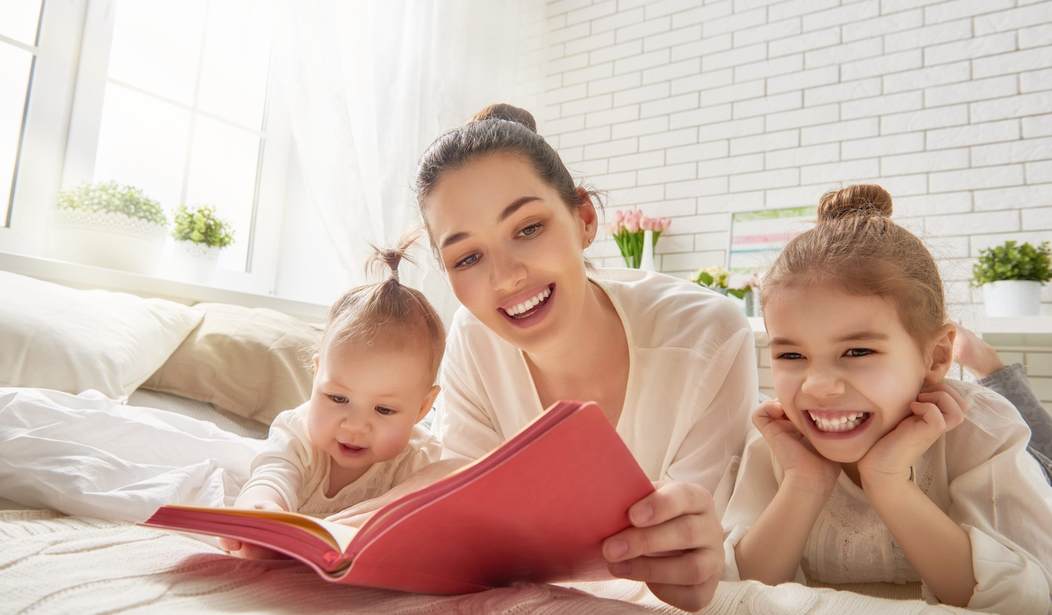Any parent who welcomes a second (or third, etc.) baby into the world knows how hard it is to give everyone equal attention. With your first-born, all of that beautiful time you have with your child can be spent reading and talking and interacting in countless ways. But when baby #2 arrives, it’s a different ballgame. All of a sudden, the time that you would have spent stimulating your youngest child is spent chasing after a toddler, keeping him from climbing something he shouldn’t be climbing, or cutting the crusts off of sandwiches. Sure, maybe the baby gets to be present for all of that, but your attention is divided, no matter how much you wish it weren’t.
It turns out that the change in how we parent our younger children makes a difference in the long run. And perhaps not in the best of ways. A recent study showed that first-born children have an intellectual advantage over younger siblings. According to the research, “[a]s early as age one, latter-born children score lower on cognitive assessments than their siblings, and the birth order gap in cognitive assessment increases until the time of school entry and remains statistically significant thereafter.”
Also important to note is that parental behavior after the birth of younger children might not be the only thing to blame. Mothers tend to be more lax with guidelines when they are pregnant for a second time. They tend to take more risks and might not breastfeed at all, or as much, as they had with their first-born children.
The article in The Journal of Human Resources goes on to explain:
Variations in parental behavior can explain most of the differences in cognitive abilities before school entry. Our findings suggest that broad shifts in parental behavior from first to latter-born children is a plausible explanation for the observed birth order differences in education and labor market outcomes.
In other words, the parents are to blame. As mothers and fathers, we can carry around a lot of guilt when it comes to how we raise our children. This new study certainly doesn’t help matters. Clearly we have no choice but to act differently with our younger children than we did with our first-born because we simply don’t have enough hours in the day (or hands, for that matter) to be the same parent to everyone. But perhaps we can learn from this research and make a concerted effort to focus more on our little guys and girls.
Or maybe not? There’s also something to be said about the stereotype that younger children tend to be more creative and free-spirited than the oldest child in a family. Undoubtedly something contributes to that phenomenon, and it might very well be parenting style (or lack thereof.)







Join the conversation as a VIP Member